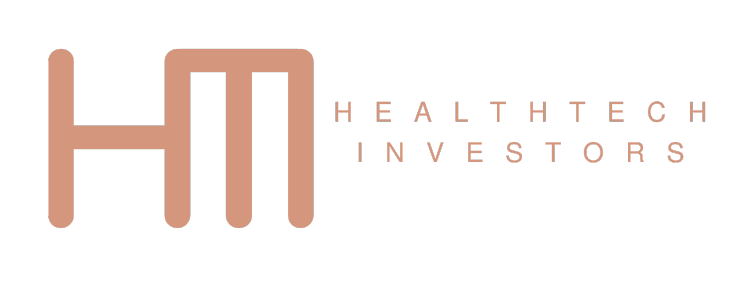My decision making framework
Hey everyone,
The hardest thing about investing in early stage startups isn’t which questions to ask or which framework to use in your due diligence process.
While a thorough due diligence structure is important, recognizing when you’re making assumptions, using your intuition and when to trust it is critical.
We are naturally programmed towards over-indexing for convenience and energy conservation. At times, we don’t perceive thinking as significant energy expenditure. This is a fallacy as professional chess players burn more than twice as many calories per day as marathon runners.
As humans we have a strong inclination towards taking mental shortcuts, making assumptions and using intuition. It’s imperative to recognize when you’re using intuition and to validate it.
Here is what I ask myself when I use my intuition:
1. Am I an expert in answering this question? I use the 10,000 hour rule here as it has some evidence and provides me with a repeatable signal.
2. Why is my intuition telling me this?
3. Does this question exist in a low or high validity environment?
The last point is borrowed from Thinking Fast and Slow by Daniel Kahneman. He argues that a high validity environment is required to develop intuition. He defines this as an environment which is relatively stable, you are performing the same behaviour repeatedly and you know if you’re right/ wrong fairly soon.
Working as a physician in urgent care is a high validity environment. Generally speaking investing and hiring are not and require a structured approach to decision making.
There is always a balance between intuition and structure. Looking back the best decisions I have made involved me reserving my intuition till after a structured process.
Thank you for reading.
Rishad
